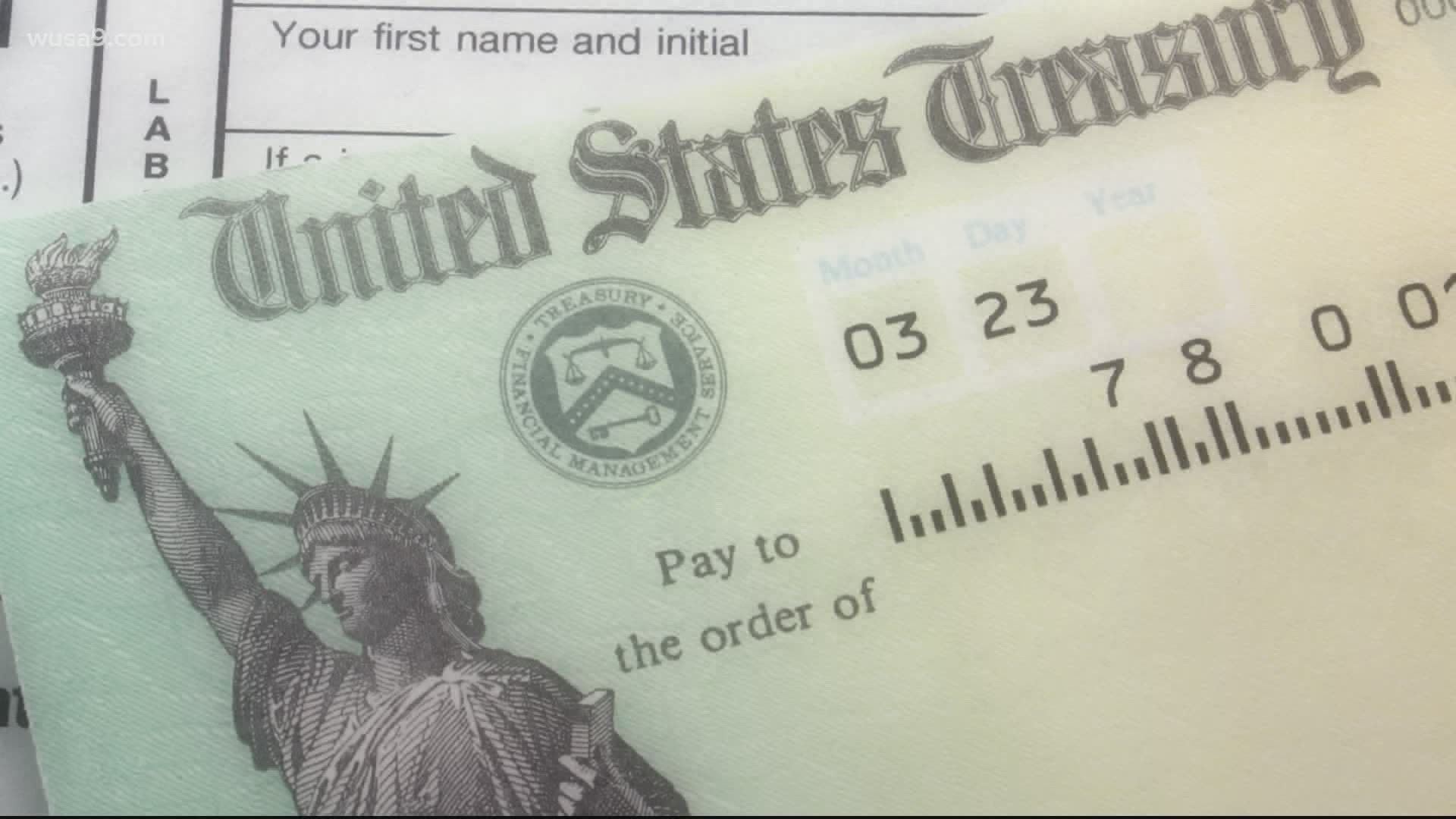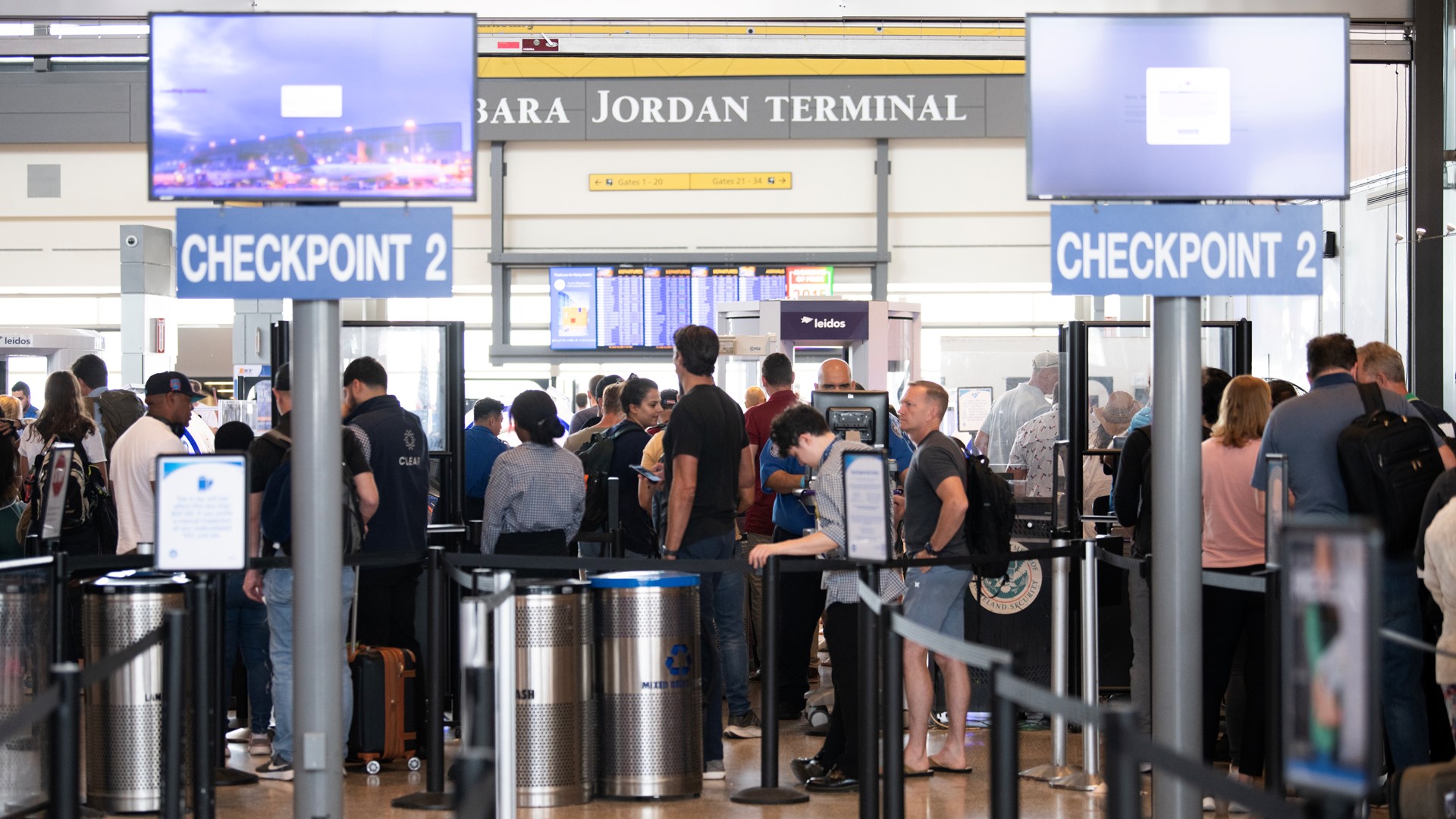WASHINGTON, D.C., USA — The Department of Justice announced Wednesday it has received a temporary restraining order against three defendants in Vietnam who are accused of wire fraud and operating more than 300 fraudulent websites that exploited the coronavirus pandemic.
According to the criminal complaint, the defendants' websites claimed to sell health and safety products that were hard to get during the pandemic, including hand sanitizer and disinfectant wipes. But federal officials said it was all part of an elaborate scam.
Authorities said thousands of people in all 50 states fell victim to the scheme and tried to purchase items from the defendants' fraudulent sites, but never received the items they paid for. Additionally, the defendants allegedly put fake contact info on their hundreds of websites, causing random people and businesses in the U.S. to receive a flood of complaints from victims.
A recent report from the Federal Trade Commission revealed that Americans have lost more than $77 million in coronavirus-related fraud since the pandemic began.
RELATED: Robocalls are a victim of COVID-19
“The Department of Justice is committed to preventing fraudsters from exploiting this pandemic for personal gain,” said Acting Assistant Attorney General Ethan P. Davis of the Department of Justice’s Civil Division. “We will use every resource at the government’s disposal to pursue scammers who are stealing money from citizens amidst the ongoing public health crisis.”
Federal prosecutors said the government was able to obtain a restraining order to shut down all the websites immediately while the investigation into the scheme continues.
According to the Department of Justice, Vietnamese authorities also conducted their own investigation and have arrested defendants Thu Phan Dinh, Tran Khanh, and Nguyen Duy Toan.
The Department of Justice has offered a number of ways Americans can protect themselves from scams related to COVID-19:
- Independently verify the identity of any company, charity, or individual that contacts you regarding COVID-19.
- Check the websites and email addresses offering information, products, or services related to COVID-19. Be aware that scammers often employ addresses that differ only slightly from those belonging to the entities they are impersonating. For example, they might use “cdc.com” or “cdc.org” instead of “cdc.gov.”
- Be wary of unsolicited emails offering information, supplies, or treatment for COVID-19 or requesting your personal information for medical purposes. Legitimate health authorities will not contact the general public this way.
- Do not click on links or open email attachments from unknown or unverified sources. Doing so could download a virus onto your computer or device.
- Make sure the anti-malware and anti-virus software on your computer is operating and up to date.
- Ignore offers from suspicious sources for a COVID-19 vaccine, cure, or treatment. Remember, if a vaccine becomes available, you won’t hear about it for the first time through an email, online ad, or unsolicited sales pitch.
- Check online reviews of any company offering COVID-19 products or supplies. Avoid companies whose customers have complained about not receiving items.
- Research any charities or crowdfunding sites soliciting donations in connection with COVID-19 before giving any donation. Remember, an organization may not be legitimate even if it uses words like “CDC” or “government” in its name or has reputable looking seals or logos on its materials. For online resources on donating wisely, visit the Federal Trade Commission (FTC) website.
- Be wary of any business, charity, or individual requesting payments or donations in cash, by wire transfer, gift card, or through the mail. Don’t send money through any of these channels.
- Be cautious of “investment opportunities” tied to COVID-19, especially those based on claims that a small company’s products or services can help stop the virus. If you decide to invest, carefully research the investment beforehand. For information on how to avoid investment fraud, visit the U.S. Securities and Exchange Commission (SEC) website.
Any suspected fraud schemes related to the coronavirus pandemic should be reported to the National Center for Disaster Fraud (NCDF) hotline by phone at 1-866-720-5721 or via an online reporting form.




